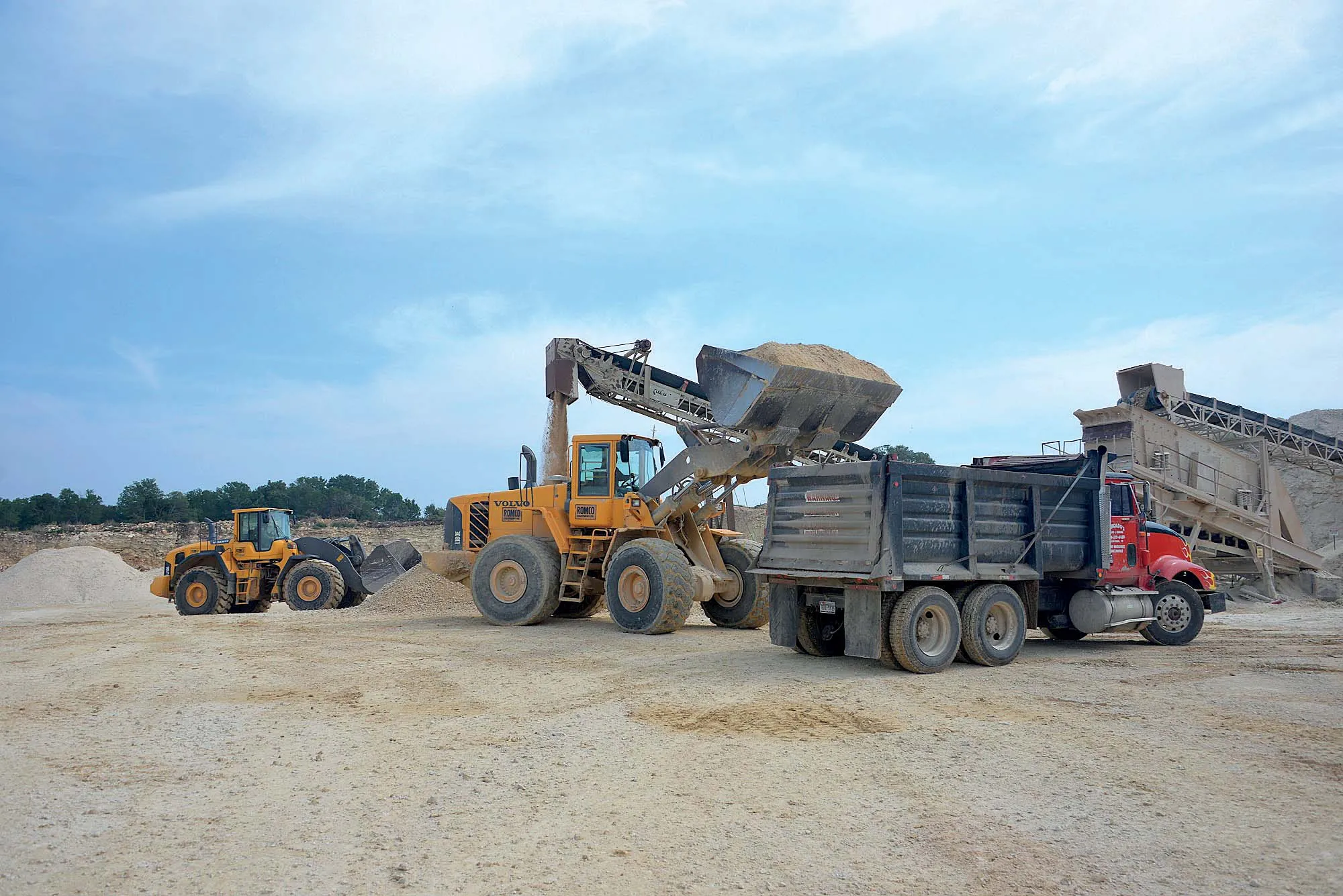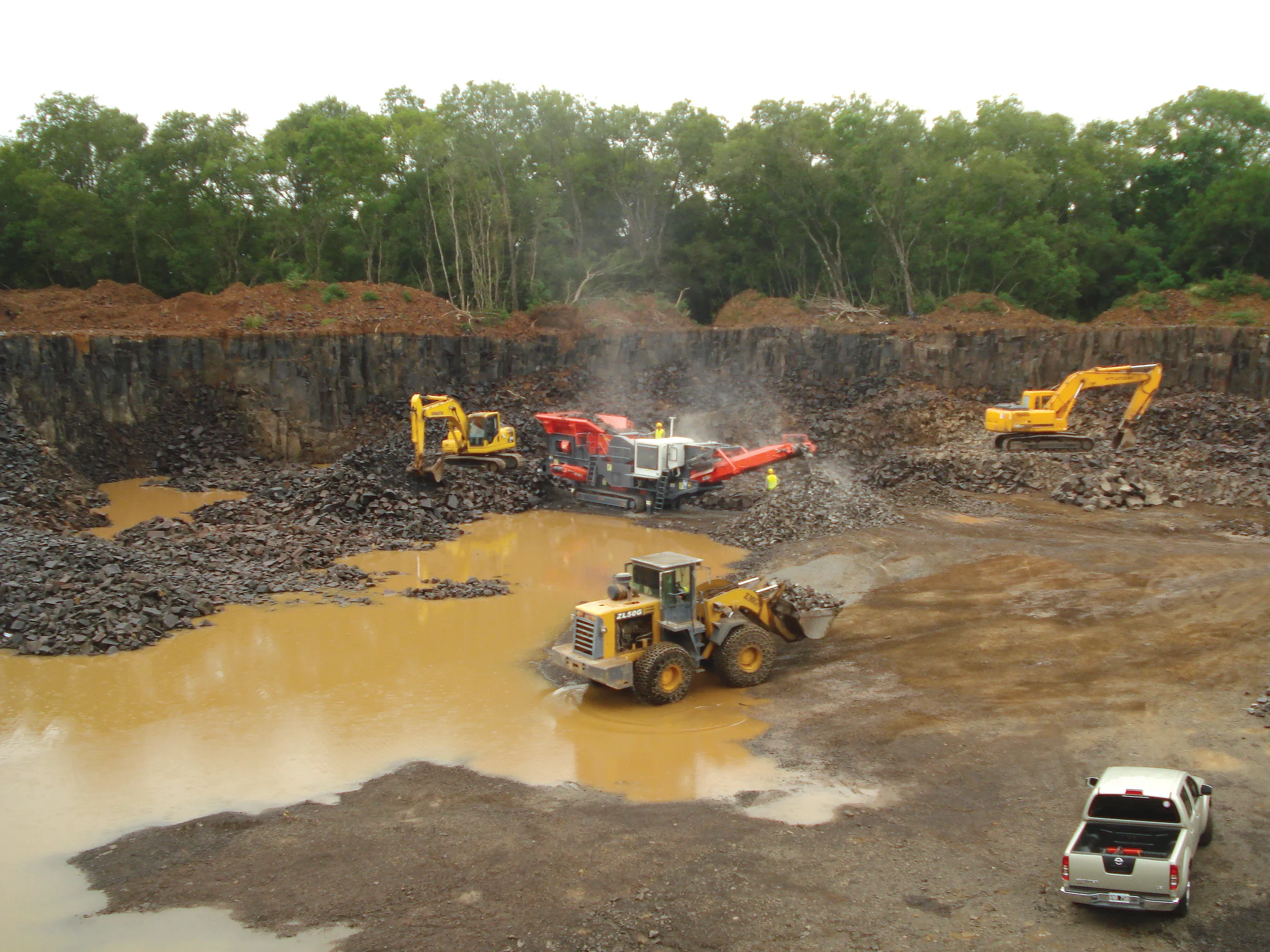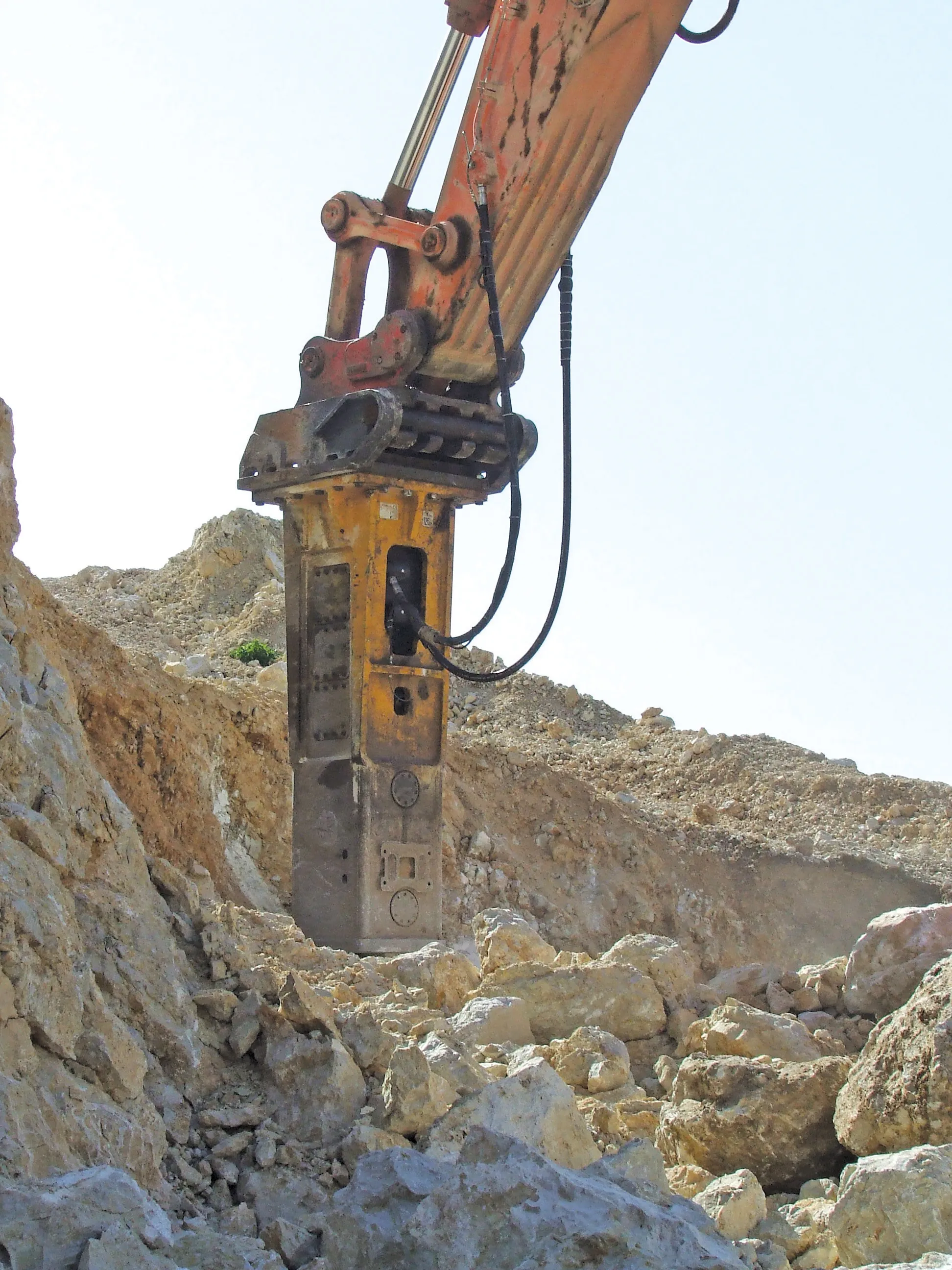A fleet of machines from Volvo Construction equipment is helping boost production at a quarry company in Texas. Family firm Conners Crushed Stone is using its Volvo CE fleet to help quarry and crush high-quality limestone at five quarries in Texas, USA.
Although best known for its oil fields, the state’s natural resources also include extensive limestone deposits. Veins of limestone run throughout the state, from the heights of the state’s Big Bend Mountains all the way down to the Rio Grande on the bor
August 19, 2015
Read time: 2 mins

A fleet of machines from 7659 Volvo Construction equipment is helping boost production for a quarry company in Texas. Family firm Conners Crushed Stone is using its Volvo CE fleet to help quarry and crush high-quality limestone at five quarries in Texas, USA.
Although best known for its oil fields, the state’s natural resources also include extensive limestone deposits. Veins of limestone run throughout the state, from the heights of the state’s Big Bend Mountains all the way down to the Rio Grande on the border of Mexico. It is this stone that Conners Crushed Stone transforms into high-quality aggregate. The family-owned, multi-quarry firm is located near the small town of Lott, 40km south of Waco.
The company has been quarrying and crushing limestone for more than 25 years and its five quarries rely on a range of Volvo CE machines.
The quarry in Oglesby produces a limestone mix from a rare deposit that is high in calcium carbonate and low in iron and magnesium. The 141.6ha quarry produces five types of limestone in a range of sizes – a hefty burden easily handled by a fleet of four Volvo CE wheel loaders. A Volvo L250G, L180G and two L180Es work together to keep up with the high demand for Conners’s product, transporting quarried limestone to a crusher that is working at maximum capacity. Further down the road, at Conners’s 178ha quarry in Reagan, four more Volvo CE machines are being put to work. The L220E, L220D, L180D and a new L220G are moving aggregate from the face to load into the jaw crusher. They are also being used to load crushed material into delivery trucks.
The aggregate produced by Conners is sold mainly as hauling stone for oil pad bases. The company also works closely with the3499 Texas Department of Transportation, providing stone for a US$4.8 million multi-phase highway improvement project in the state.
Although best known for its oil fields, the state’s natural resources also include extensive limestone deposits. Veins of limestone run throughout the state, from the heights of the state’s Big Bend Mountains all the way down to the Rio Grande on the border of Mexico. It is this stone that Conners Crushed Stone transforms into high-quality aggregate. The family-owned, multi-quarry firm is located near the small town of Lott, 40km south of Waco.
The company has been quarrying and crushing limestone for more than 25 years and its five quarries rely on a range of Volvo CE machines.
The quarry in Oglesby produces a limestone mix from a rare deposit that is high in calcium carbonate and low in iron and magnesium. The 141.6ha quarry produces five types of limestone in a range of sizes – a hefty burden easily handled by a fleet of four Volvo CE wheel loaders. A Volvo L250G, L180G and two L180Es work together to keep up with the high demand for Conners’s product, transporting quarried limestone to a crusher that is working at maximum capacity. Further down the road, at Conners’s 178ha quarry in Reagan, four more Volvo CE machines are being put to work. The L220E, L220D, L180D and a new L220G are moving aggregate from the face to load into the jaw crusher. They are also being used to load crushed material into delivery trucks.
The aggregate produced by Conners is sold mainly as hauling stone for oil pad bases. The company also works closely with the








